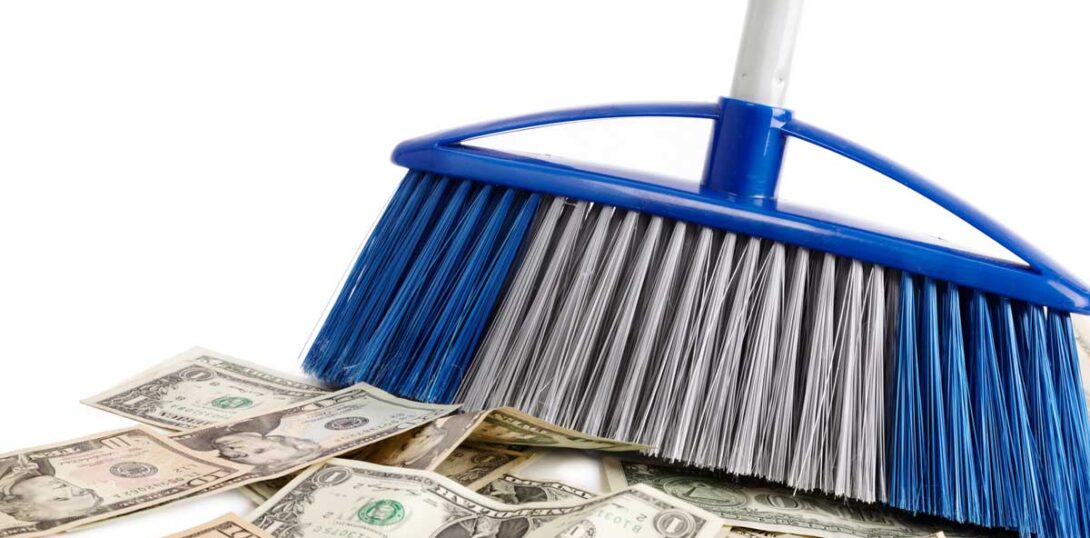Spring Clean Your Finances
As the urge hits to sweep out the old and tidy things up, don’t forget your finances.
After a long (long) winter cooped up in our homes, worried about the future, maybe even struggling with finances, the impulse to get things in order could just be a financial health turning point.
As good as it feels to put our house in order, putting our financial affairs in order has equally powerful benefits, including decreasing stress and anxiety. So as you tidy and declutter your home this spring, set aside a few afternoons to do the same for your money.
1. Declutter old accounts.
Do you have an old bank account out of state you stopped using? Unused store credit cards? A retirement account sitting with a former employer? It’s a good idea to close any old accounts or roll things over to accounts that you regularly monitor. Be sure when moving a 401k that you ask the account manager for a “direct rollover” into another 401k or IRA, to avoid withdrawal penalties.
When it comes to credit cards, use some caution: Closing those accounts will have an impact on your debt-to-credit ratio and could negatively impact your credit score, so if you’ll be applying for a car loan or mortgage soon, it’s best to leave those in place for the moment.
2. Clean up your budget.
If you haven’t looked at your budget app or checked your bank balances lately, it’s time to take a deeper dive. What spending categories are you consistently over on? Are you under in others? Adjust your budget goals accordingly and tighten up where needed. (Lots of us are bingeing media these days, but do you need four streaming services?) Don’t forget to reward yourself for areas you’ve been faithful to your goals.
3. Automate.
If you haven’t already, set up automatic payments for all your bills, from car loans and utilities to credit cards and health insurance—it relieves worry and the expense of late fees. You can automate your savings and retirement deposits too. If you already have those established, take another look. Can you add another $100 a month to your retirement deposit? The odds are you won’t miss it, and that extra money will help you reach your goal faster.
4. Purge paper.
Most paper bills and records you only need to hang on to for three years, so gather up old files and stacks, sort anything outdated or that you can easily access online, and discard. Be sure to use a shredder to protect your privacy.
5. Make the most of your money.
Check your bank’s interest rates—are they competitive? Consider moving savings accounts to higher-yield online banks that require no monthly minimum.
If you’re uncertain about your money goals, accounts, and overall financial plan, a financial planner can help you get things in order by providing expert knowledge, goal setting, advice, and accountability. Contact one of our planners at Aspen Wealth Strategies to get started on the road to organization and abundance.
